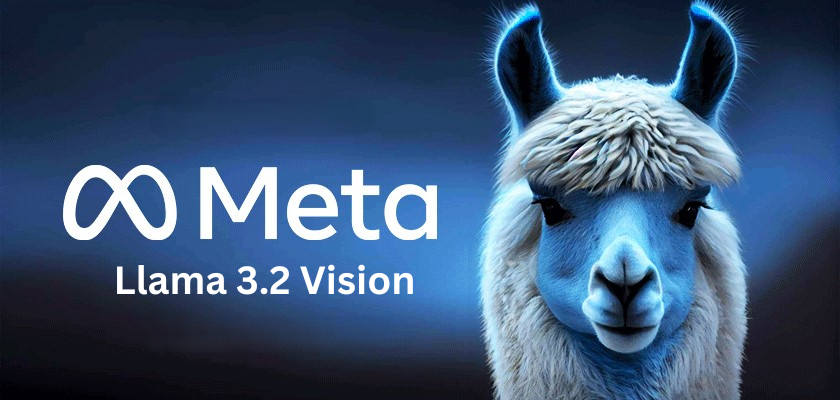I put DeepSeek vs Meta AI Llama vs Qwen to the test locally on my ...
AI giants like Google, Meta, and OpenAI may dominate the headlines, but there's a growing ecosystem of small and specialized AI models designed to run on home computers. The market for these local AI models has been rapidly expanding driven by the demand for personal and business applications.
The Rise of Local AI Models
Two years ago, Meta's open-source Llama model sparked the trend, followed by the release of DeepSeek R1 this year. These local models offer a more cost-effective and private alternative that can be easily customized for various purposes.
But the question remains - are they truly useful, or is it just wishful thinking? To find out, I decided to compare three of the main contenders in the local AI space.
DeepSeek R1: The Robust Performer
DeepSeek R1 has been a significant player in accelerating the local AI sector. This Chinese product is free, open-source, and powerful, making it ideal for experimentation with new AI applications. Its ability to run on modest hardware and train other models for AI distillation has contributed to its success.

My personal favorite is DeepSeek R1 Distill Llama 8B, a compact model that offers solid performance for everyday tasks like basic chat searches and handling personal inquiries. Its local operation ensures privacy and efficiency.
Exploring the Qwen Range
Another contender in the local AI landscape is the Qwen range of models. With variants like Qwen 2.5 available, these models offer different capabilities based on their size. While the smaller models run smoothly on standard machines, the more powerful versions require patience for optimal performance.
Llama: The Visionary Model
The Llama model, particularly Llama 3.2-vision, excels in visual tasks like document scanning and image analysis. Its versatility extends to various applications such as scanning car VIN plates and radiology.

Considerations with Local Models
When using local AI models, it's essential to stay updated with the latest advancements as newer models often offer improved quality and performance. Additionally, the limitations of local models, such as restricted context windows for handling large text volumes, are gradually evolving with advancements in technology.
The availability of numerous open-source models offers a wide range of options for users. Platforms like Hugging Face provide access to a catalog of models that can be easily installed and operated using platforms like Ollama and LMStudio.










